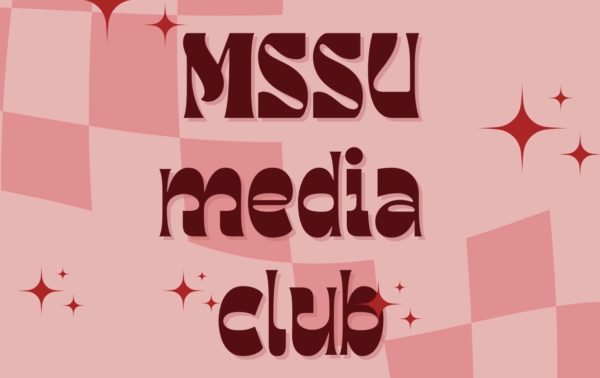Frozen’s Hidden Message
Families with children and many other movie-goers of all ages pulled out their wallets last week as Disney Animation’s film “Frozen” was released on home video March 18th. The cartoon is on its way to being the best-selling animated film, selling 3.2 million DVD and BluRay copies in one day, according to variety.com. But does this award-winning film have a darker message parents should protect their impressionable young children from?
Links to blogs and opinion articles have been flooding my Facebook news feed for the past couple months following the movie’s theatrical release in November. One in particular that I became familiar with was from blogger Kathryn Skaggs who runs her personal bog wellbehavedmormonwoman.blogspot.com. Her fundamental religious views became explicit as she asserted that “Frozen” yielded a message that supports the “gay agenda.”
Skaggs’ most predominant piece of evidence was found in one of the main characters, Elsa, who was born with supernatural ice-wielding powers. In the movie, Elsa became fearful of her powers at a young age and after a life of basically solitary confinement, she eventually learned to accept herself and expressed her joy in the Oscar-winning Original Song “Let It Go”. The song speaks of letting go of the fear to be who she was born to be. Skaggs interprets this message as identical to that of the “gay agenda”, warning that it urges society to accept instead of ostracize those whose sexual orientation differs from the “norm”, further encouraging those who feel trapped within their differences to come out and let go of the fear of doing so.
Whether or not Skaggs’ interpretation is accurate, plenty of people have an opinion, as the comment section on her post currently sits at 1,962 comments. My opinion is this: can we draw an analogy from the storyline in “Frozen” that is similar to the experience of homosexuals and their struggle to come out in a society that hasn’t fully accepted them? Yes. Absolutely. Art is supposed to be open for interpretation, and those who experience art are free to relate to it on whatever level they want to.
Furthermore, to address the topic of Skaggs’ concern, should we be concerned about a movie that sends our children the message that they should be comfortable with who they are and accept and love others for who they are? It seems to me that what is more concerning would be the type of people who think this message is dangerous for the younger generation to hear.
Your donation will support the student journalists of Missouri Southern State University. Your contribution will allow us to purchase equipment and cover our annual website hosting costs.





























